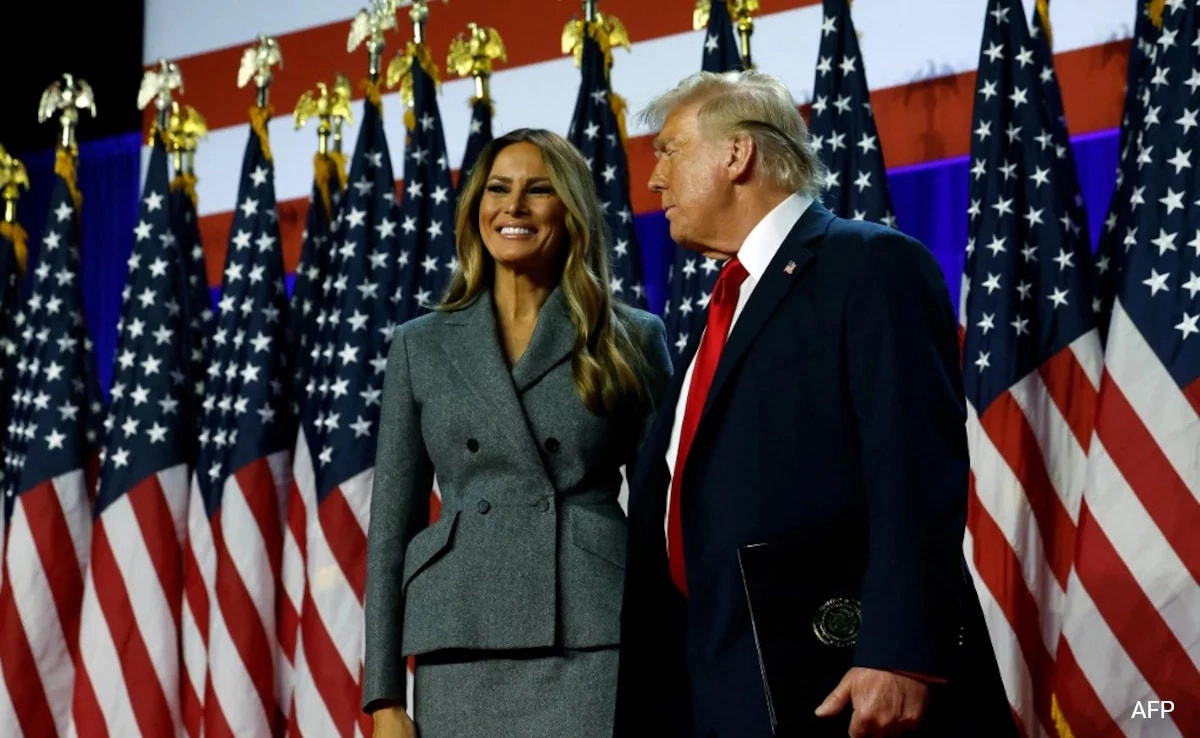In recent weeks, a petition calling for the deportation of Melania Trump has garnered significant attention, with thousands of signatures accumulating rapidly. This movement coincides with a broader crackdown on immigration policies and practices that have been a focal point of political discourse in the United States. The petition’s supporters argue that the former First Lady’s presence in the country is emblematic of a larger issue regarding immigration status and the treatment of immigrants, particularly those who have not followed traditional pathways to citizenship.
The call for Melania’s deportation has sparked a heated debate, highlighting the complexities of immigration law and the often polarized opinions surrounding it. Critics of the petition argue that it is politically motivated and rooted in a desire to undermine the Trump family’s legacy. They contend that such actions only serve to deepen divisions within the country and distract from more pressing immigration reform issues. Supporters, however, maintain that the petition symbolizes a demand for accountability and fairness in the immigration system, asserting that no individual should be above the law, regardless of their celebrity status or political connections.
As the petition continues to gain traction, it reflects a growing frustration among many Americans regarding perceived inequalities in immigration enforcement. The timing of this movement aligns with ongoing discussions about immigration reform, border security, and the treatment of undocumented immigrants. Advocates for comprehensive reform argue that the current system is broken and needs significant changes to ensure fairness and equity for all individuals seeking a path to citizenship or permanent residency. Whether the petition will lead to any tangible consequences remains to be seen, but it undoubtedly underscores the contentious nature of immigration politics in the contemporary United States.




